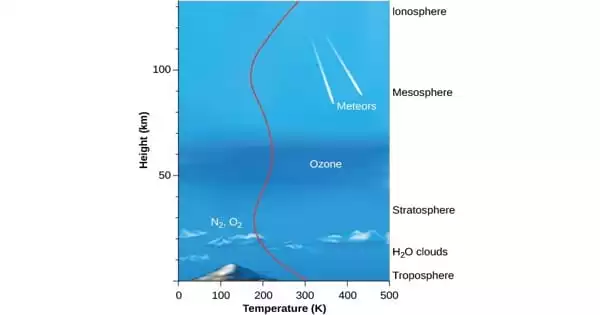While the US is cutting relations with Russia over fossil fuel imports, top White House officials are boasting that US oil output is at historic levels. Eh, who cares about the climate crisis? As part of the Biden administration’s efforts to ratchet up economic sanctions against Russia for its invasion of Ukraine, the US put an embargo on Russian oil and gas imports today.
“Russian oil will no longer be accepted at U.S. ports, and the American people will give Putin’s war machine another devastating blow,” Trump said at the White House on Tuesday. The United Kingdom has declared that it will follow suit and phase out Russian oil and oil product imports by the end of 2022. Despite earlier predictions that Europe might join the bandwagon, it appears that the US would only pursue the import embargo against the UK.
It’s a massive move that’ll undoubtedly send shockwaves across global energy markets and cause economic repercussions (as well as perhaps trigger some harsh retaliation from Russia). The United States, on the other hand, feels it is the acceptable course of action, not least since their fossil fuel output is rising.

“US natural gas and oil production is growing and reaching record levels: more natural gas than ever this year, more oil than ever next year, and more oil production this past year than during the previous administration’s first year,” White House Press Secretary Jen Psaki tweeted on Sunday.
“Oil production increased by more than 700,000 barrels per day from January to December last year, and is expected to increase by more than 700,000 barrels per day from January to December this year, and by over 500,000 barrels per day to a new record throughout the course of next year,” Psaki continued. “In reality, in each of the previous two years, the United States has been a net exporter of petroleum + petroleum products, and will continue to be a net exporter of natural gas for years to come.” You may recall that, following the much-publicized COP26 climate meeting in November, world leaders agreed to achieve net-zero greenhouse gas emissions by 2050 and to dramatically cut emissions by 2030.
A never-ending stream of scientific research has continued to emphasize the importance of acting quickly on this plan, otherwise the globe would suffer a cascade of climatic problems, ranging from droughts and intense heatwaves to rising sea levels. For the time being, it appears that lofty ambitions to reduce emissions and effect this transition have fallen by the wayside.
The White House continues to recognize the urgent need to transition to renewable energy. President Joe Biden said in his Tuesday speech that the action to prohibit Russian oil imports might be a step toward the US becoming energy independent and investing more in clean energy. “The best way to safeguard the US over the long run is to become energy independent,” Psaki said on Twitter on Sunday. That is why the President is concentrating his efforts on installing sustainable energy solutions that do not rely on fossil fuels purchased and sold on the global market, which are always vulnerable to rogue actors.” Given the difficult road ahead, it’s unclear whether this push for renewable energy is just more bluster. It appears to be business as usual for the time being.
















